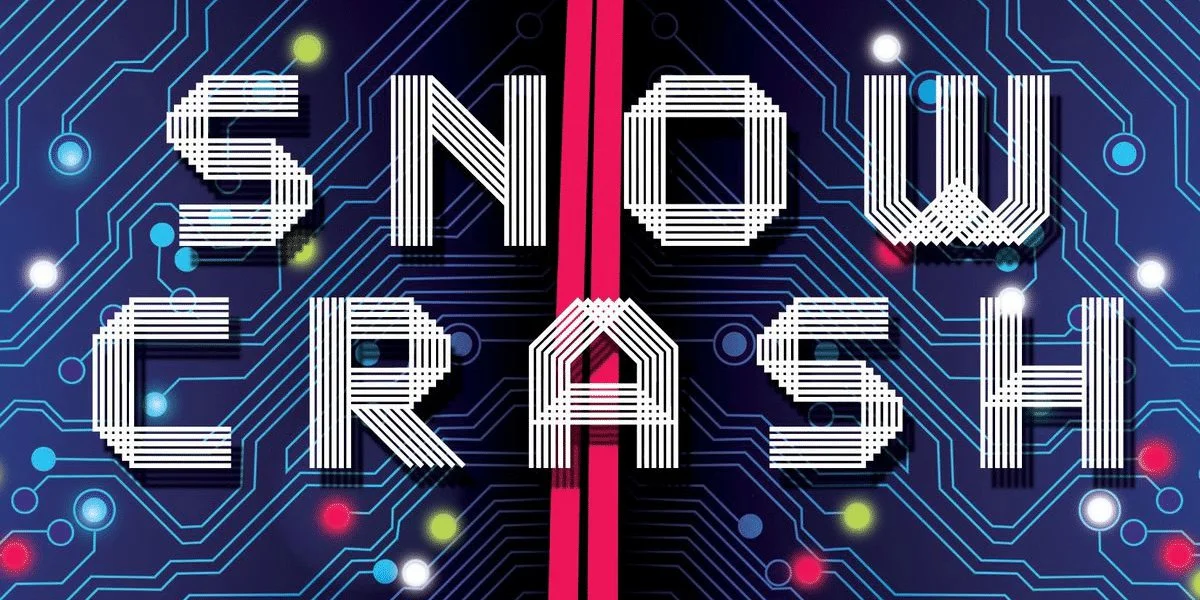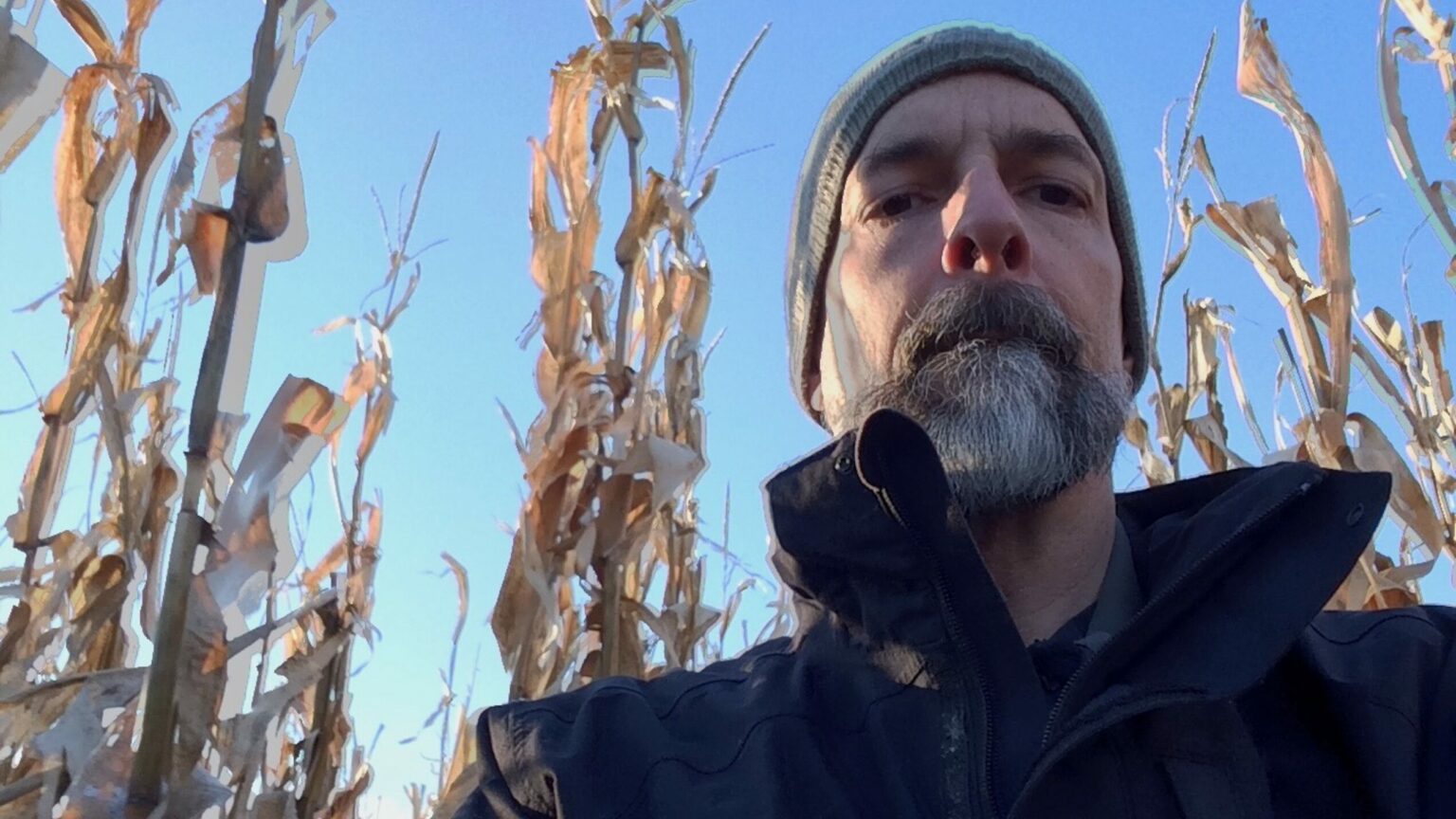Sci-fi author Neal Stephenson argues that the current deluge of AI-generated content is ‘hollow and uninteresting.’ In a recent interview the author, who is credited with coining the word ‘metaverse’ in his seminal 1992 novel Snow Crash, explained why AI content “tends to be lacking in quality.”
Too much of the same
Neal Stephenson is decidedly underwhelmed by the torrent of AI-generated content which has flooded the internet since the launch of ChatGPT in December of last year.
ChatGPT already has several competitors chasing its chatbot crown, while generative art projects such as MidJourney and Dall-E have proven popular online.
Stephenson remains unmoved by the work of artificial intelligence because no human hand is guiding its creation. To Stephenson, that is at the heart (or lack) of the matter. When a person reads literature or looks at a painting, “we’re communing with those artists, and that is really important.”
In contrast, the consumption of AI content offers no shared experience and no communication, reducing the experience to something that is ultimately “hollow and uninteresting” according to the writer.

Even so, Stephenson is not outright hostile to AI. The author argues that the current hype wave of the industry is something to be enjoyed while it lasts because eventually, the cold hard reality of engineering much-improved AI will become clear.
“It is nice to let AI have its moment in the sun,” Stephenson told the FT on February 24. “The hype cycle moves fast, but engineering doesn’t. Engineering takes time. If you’re trying to engineer at the same pace as the hype cycle, it won’t work.”
That same thought could equally apply to the metaverse, which some sections of the mainstream media have turned upon for not living up to their own overblown expectations.
An abundance of art, a lack of soul
Stephenson concedes that AI has proven itself capable of producing large quantities of fresh content. But in a world already swirling with vast quantities of human-produced art, he finds the prospect of additional AI creations uninspiring.
“We already have an abundant supply of images,” said Stephenson. “Every website is plastered with them. So the ability for everyone to make hundreds of new images and put them up on their social media feeds isn’t interesting to me. Scarcity drives quality and AI art is lacking in scarcity, so it tends to be lacking in quality.”
Although friendlier in tone, Stephenson’s remarks echo similar musings from singer and songwriter Nick Cave. Cave has also argued that the lack of a human creator makes AI art nothing of the sort.
The artist recently eviscerated a song purportedly written in Cave’s style, to which Cave said, “bullshit.” The artist went on to add that the bot-written song was “a grotesque mockery of what it is to be human” and was “replication as travesty.”
Communing with the artist
There is little doubt some people have very negative reactions to computer-generated content. There are others who are excited by the prospect. Stephenson sees both sides of the argument but appears to lean toward skepticism for now.
Stephenson says, “My theory is that when we experience art — whether it’s a video game or a Da Vinci painting or a movie — we’re taking in a huge number of micro-decisions that were made by the artists for particular reasons.
“In that way, we’re communing with those artists, and that is really important. Something generated by AI might seem comparable to something produced by a human, which is why people are so excited. But you’re not having that awareness of communing with the creator. Remove that and it’s hollow and uninteresting.”









 and then
and then